Ton Koopman - Buxtehude: Opera Omnia VIII, Organ Works 3 (2008)
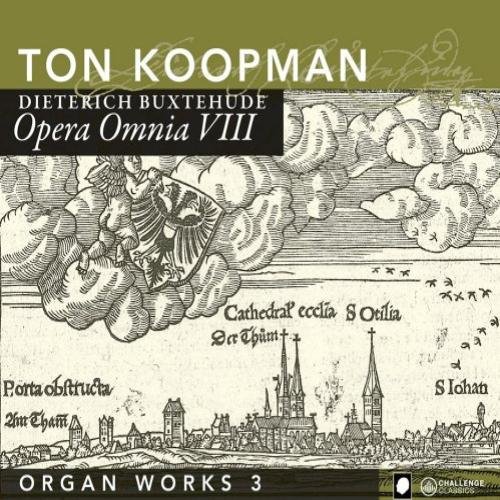
Artist: Ton Koopman
Title: Buxtehude: Opera Omnia VIII, Organ Works 3
Year Of Release: 2008
Label: Challenge Classics
Genre: Classical organ solo
Quality: FLAC (image+.cue,log,scans)
Total Time: 66:18
Total Size: 330 MB
WebSite: Album Preview
Tracklist:Title: Buxtehude: Opera Omnia VIII, Organ Works 3
Year Of Release: 2008
Label: Challenge Classics
Genre: Classical organ solo
Quality: FLAC (image+.cue,log,scans)
Total Time: 66:18
Total Size: 330 MB
WebSite: Album Preview
1. Prelude in G Minor, BuxWV 149 00:07:02
2. Auf meinen lieben Gott, BuxWV 179 00:03:58
3. Canzonetta in A Minor, BuxWV 225 00:01:56
4. Prelude and Fugue in D Minor, BuxWV 140 00:05:16
5. Erhalt uns, Herr, bei deinem Wort, BuxWV 185 00:01:29
6. Ciaccona in C Minor, BuxWV 159 00:05:31
7. Prelude in G Minor, BuxWV 148 00:05:45
8. Es spricht der Unweisen Mund wohl, BuxWV 187 00:02:46
9. Fugue in B-Flat Major, BuxWV 176 00:04:03
10. Prelude and Fugue in F Major, BuxWV 145 00:05:49
11. Durch Adams Fall ist ganz verderbt, BuxWV 183 00:02:45
12. Nun lob, mein Seel, den Herren, BuxWV 214 - Nun lob, mein Seel, den Herren, BuxWV 215 - Nun lob, mein Seel, den Herren, BuxWV 213 00:09:18
13. Prelude, Fugue and Ciaconna in C Major, BuxWV 137 00:04:28
14. Herr Jesu Christ, ich weiss gar wohl, BuxWV 193 00:02:46
15. Komm, heiliger Geist, Herre Gott, BuxWV 200 00:03:30
Ton Koopman plays on the Schnitger organ (1693),
St. Jacobi Kirche, Hamburg (D)
Dieterich Buxtehude’s organ works are his most significant contribution to the history of music. They consist of a comprehensive corpus of just 90 compositions, of which more than half are chorale settings. However, these are mostly shorter than the preludes, toccatas and other freely conceived pieces, so these last represent a more substantial share of his entire output.
Five different types of pieces are included among the works collected in this CD, all representing distinct genres of improvisatory styles that make up the broad spectrum of the daily practice of organists in Lutheran Germany, whether designed as functional music for worship services, for presenting them in recitals, or for purposes of compositional study.
Dieterich Buxtehude (Dietrich, Diderich) was a German-Danish organist and a highly regarded composer of the baroque period. His organ works comprise a central part of the standard organ repertoire and are frequently performed at recitals and church services. He wrote in a wide variety of vocal and instrumental idioms, and his style strongly influenced many composers, including Johann Sebastian Bach. Organist at the Marienkirche in Lübeck for most of his life, Buxtehude is considered today to be the leading German composer in the time between Schütz and Bach.
None of the original instruments played by Buxtehude as organist in Helsingborg, Helsingør, and Lübeck have survived. The Schnitger organ of Hamburg’s Jacobi Church of 1689-93 actually represents an instrument that Buxtehude would surely have known, for he travelled frequently to Lübeck’s sister city.
Five different types of pieces are included among the works collected in this CD, all representing distinct genres of improvisatory styles that make up the broad spectrum of the daily practice of organists in Lutheran Germany, whether designed as functional music for worship services, for presenting them in recitals, or for purposes of compositional study.
Dieterich Buxtehude (Dietrich, Diderich) was a German-Danish organist and a highly regarded composer of the baroque period. His organ works comprise a central part of the standard organ repertoire and are frequently performed at recitals and church services. He wrote in a wide variety of vocal and instrumental idioms, and his style strongly influenced many composers, including Johann Sebastian Bach. Organist at the Marienkirche in Lübeck for most of his life, Buxtehude is considered today to be the leading German composer in the time between Schütz and Bach.
None of the original instruments played by Buxtehude as organist in Helsingborg, Helsingør, and Lübeck have survived. The Schnitger organ of Hamburg’s Jacobi Church of 1689-93 actually represents an instrument that Buxtehude would surely have known, for he travelled frequently to Lübeck’s sister city.
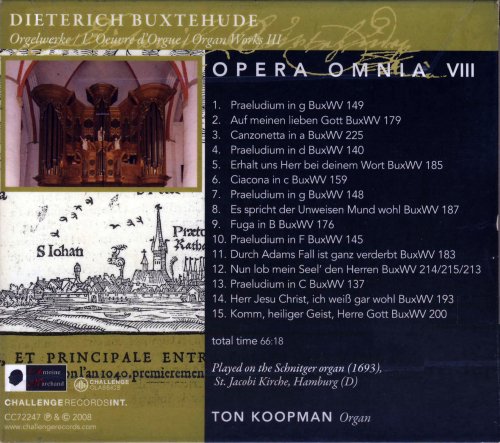
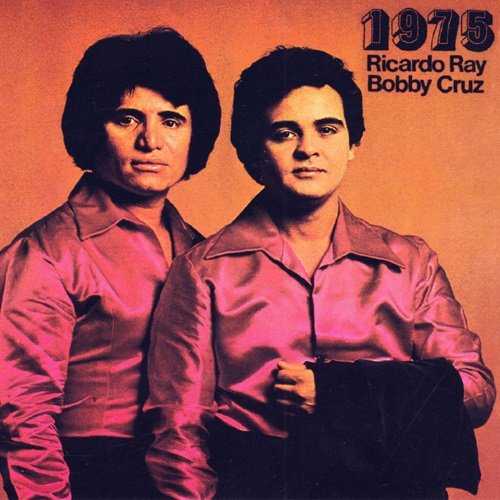

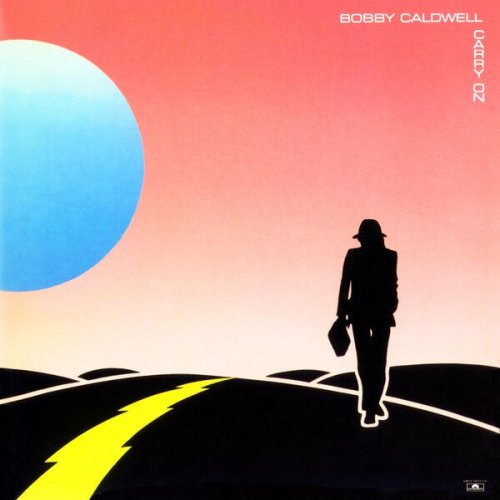
![Anaïs Mitchell, Hadestown Original West End Cast - Hadestown Live From London (Bonus Track) (2026) [Hi-Res] Anaïs Mitchell, Hadestown Original West End Cast - Hadestown Live From London (Bonus Track) (2026) [Hi-Res]](https://img.israbox.com/img/2026-03/02/pyxmwd7tv9pde1c102p9df24t.jpg)
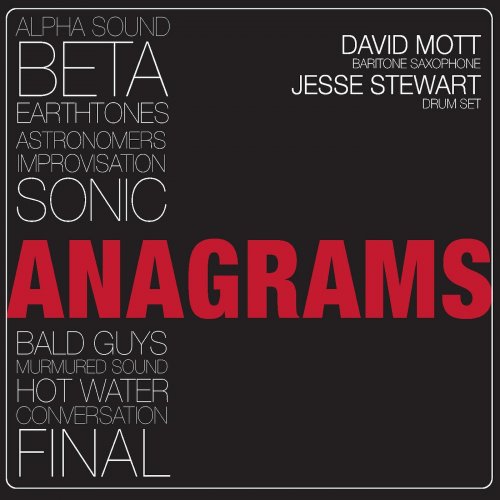
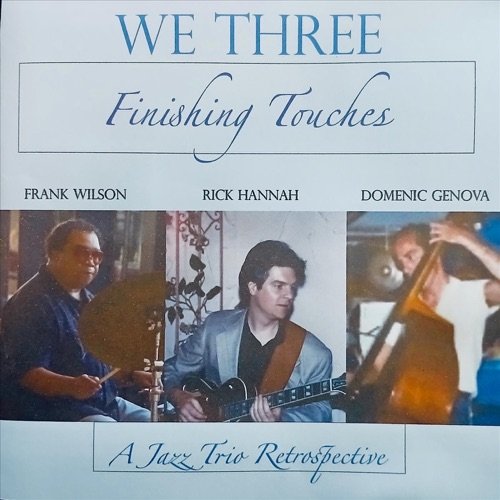

![Rick Braun - Intimate Secrets (1992) [CDRip] Rick Braun - Intimate Secrets (1992) [CDRip]](https://www.dibpic.com/uploads/posts/2026-03/1772427179_5.jpg)
![The Boss Ensemble - Circuits Hybrides (2019) [Hi-Res] The Boss Ensemble - Circuits Hybrides (2019) [Hi-Res]](https://www.dibpic.com/uploads/posts/2019-11/1574517391_folder.jpg)